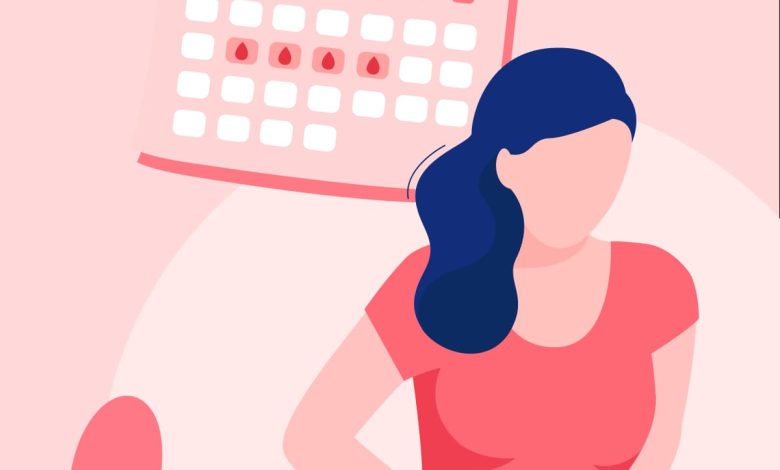
Period Health: What’s Normal and What’s Not
What’s Considered Normal?
Every body is different, but there are some common signs of a healthy menstrual cycle:
1. Cycle Length
A full cycle (from Day 1 of your period to the next) usually lasts 24–35 days.
Slight variation each month is okay, but your cycle should be generally regular.
2. Bleeding Duration
Normal periods last 3–7 days.
Heavier flow in the first two days, followed by lighter bleeding, is common.
3. Blood Color and Clots
Bright red to dark brown blood is normal.
Small clots (like jelly smaller than a coin) are fine.
4. Pain Level
Mild cramps, tiredness, and breast soreness are expected.
Cramps should be manageable with rest, hot water bags, or light painkillers.
5. Mood Changes
Feeling irritable, sad, or bloated before your period is common (PMS).
But extreme mood changes are not “just hormonal”—they might need attention.
What’s Not Normal?
Some period issues are common, but not normal. If you notice these signs, it’s time to check in with a doctor:
1. Irregular or Missing Periods
Skipping periods for months or getting them too early (every 15–20 days) is not normal.
Could indicate PCOD, PCOS, stress, or thyroid issues.
2. Very Heavy Bleeding
Soaking through pads every 1–2 hours
Bleeding for more than 7 days
Passing large clots
These may point to hormonal imbalance, fibroids, or other issues.
3. Severe Cramps
If you faint, vomit, or need to miss school/work every month, that’s not normal.
Could be a sign of endometriosis or another underlying condition.
4. Spotting Between Periods
Occasional spotting can happen, but regular mid-cycle bleeding needs medical advice.
5. Unusual Discharge or Odor
Green, grey, or yellow discharge with itching or foul smell may mean infection.
Mental Health and Your Cycle
Hormones can affect your mood—but intense sadness, rage, or anxiety before/during periods may be PMDD (Premenstrual Dysphoric Disorder) and is treatable.
When to See a Doctor
See a gynaecologist if:
Your periods are very painful or heavy
You’re missing periods regularly
You feel emotionally overwhelmed during cycles
You’re trying to conceive but cycles are irregular
Tips to Support Period Health
Eat well – Whole foods, fruits, iron-rich meals
Move regularly – Walking or yoga can balance hormones
Sleep enough – 7–8 hours helps cycle regulation
Track your period – Apps like Clue or Flo can help spot patterns
Manage stress – Chronic stress affects hormones and delays cycles
Final Thought
Periods are a monthly message from your body. If something doesn’t feel right, trust your instinct.
Pain, irregularity, or emotional distress shouldn’t be ignored or normalised.










